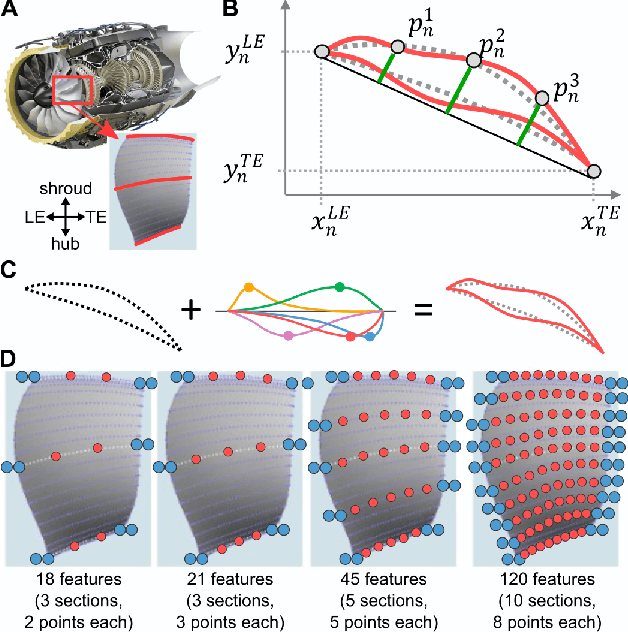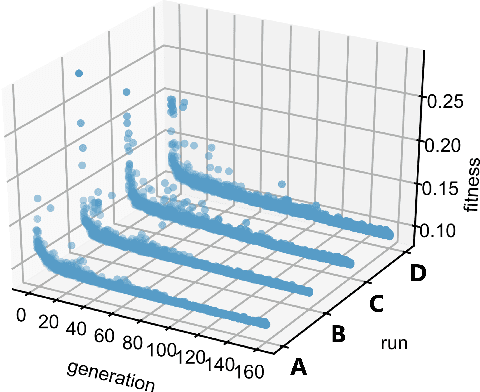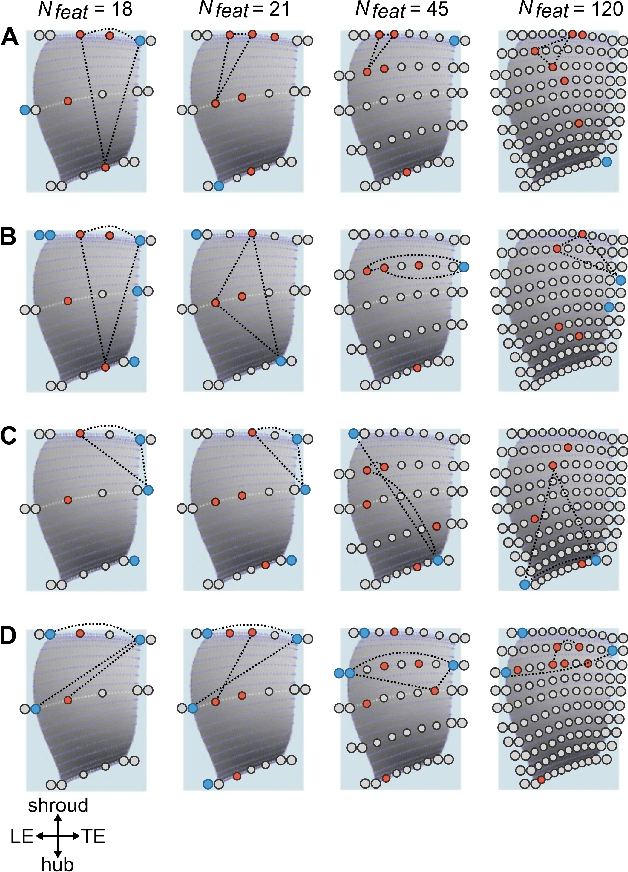Interaction-Aware Sensitivity Analysis for Aerodynamic Optimization Results using Information Theory
Paper and Code
Dec 10, 2021



An important issue during an engineering design process is to develop an understanding which design parameters have the most influence on the performance. Especially in the context of optimization approaches this knowledge is crucial in order to realize an efficient design process and achieve high-performing results. Information theory provides powerful tools to investigate these relationships because measures are model-free and thus also capture non-linear relationships, while requiring only minimal assumptions on the input data. We therefore propose to use recently introduced information-theoretic methods and estimation algorithms to find the most influential input parameters in optimization results. The proposed methods are in particular able to account for interactions between parameters, which are often neglected but may lead to redundant or synergistic contributions of multiple parameters. We demonstrate the application of these methods on optimization data from aerospace engineering, where we first identify the most relevant optimization parameters using a recently introduced information-theoretic feature-selection algorithm that accounts for interactions between parameters. Second, we use the novel partial information decomposition (PID) framework that allows to quantify redundant and synergistic contributions between selected parameters with respect to the optimization outcome to identify parameter interactions. We thus demonstrate the power of novel information-theoretic approaches in identifying relevant parameters in optimization runs and highlight how these methods avoid the selection of redundant parameters, while detecting interactions that result in synergistic contributions of multiple parameters.
 Add to Chrome
Add to Chrome Add to Firefox
Add to Firefox Add to Edge
Add to Edge